1,1,2-Trimethyl-1H-benz[e]indole
- CAS NO.:41532-84-7
- Empirical Formula: C15H15N
- Molecular Weight: 209.29
- MDL number: MFCD00082627
- EINECS: 255-429-8
- SAFETY DATA SHEET (SDS)
- Update Date: 2024-06-06 17:55:34
![1,1,2-Trimethyl-1H-benz[e]indole Structural](https://img.chemicalbook.in/CAS/GIF/41532-84-7.gif)
What is 1,1,2-Trimethyl-1H-benz[e]indole?
Chemical properties
yellow to brown crystalline powder
The Uses of 1,1,2-Trimethyl-1H-benz[e]indole
1,1,2-Trimethyl-1H-benzo[e]indole can be used as an indole pH fluorescent probe and can be used for intracellular pH detection and cell marking. It can also be used as a novel nanocarrier-based near-infrared optical probes for in-vivo tumor imaging.
Synthesis
Isopropyl methyl ketone (9.00 g, 0.1 mol) was added to a solution of 2-naphthylhydrazine hydrochloride (15.80 g, 0.1 mol) in glacial acetic acid (100 mL). The mixture was stirred for 0.5 h at 20 °C and refluxed for 6 h. Then, the reaction mixture was poured onto ice and neutralized with sodium carbonate, a precipitate formed was collected by filtration. The yield was 19.8 g (95%).![1,1,2-Trimethyl-1H-benz[e]indole 1,1,2-Trimethyl-1H-benz[e]indole](/NewsImg/2023-12-07/6383755462801426852705277.jpg)
Properties of 1,1,2-Trimethyl-1H-benz[e]indole
| Melting point: | 111-117 °C |
| Boiling point: | 338.66°C (rough estimate) |
| Density | 0.7 |
| refractive index | 1.5720 (estimate) |
| storage temp. | Inert atmosphere,Room Temperature |
| solubility | insoluble (20°C) |
| form | Crystalline Powder |
| pka | 5.77±0.40(Predicted) |
| color | Yellow to brown |
| Water Solubility | insoluble (20 ºC) |
| BRN | 153709 |
| InChI | InChI=1S/C15H15N/c1-10-15(2,3)14-12-7-5-4-6-11(12)8-9-13(14)16-10/h4-9H,1-3H3 |
| CAS DataBase Reference | 41532-84-7(CAS DataBase Reference) |
| EPA Substance Registry System | 1H-Benz[e]indole, 1,1,2-trimethyl- (41532-84-7) |
Safety information for 1,1,2-Trimethyl-1H-benz[e]indole
| Signal word | Warning |
| Pictogram(s) |
 Exclamation Mark Irritant GHS07 |
| GHS Hazard Statements |
H315:Skin corrosion/irritation H319:Serious eye damage/eye irritation H335:Specific target organ toxicity, single exposure;Respiratory tract irritation |
| Precautionary Statement Codes |
P261:Avoid breathing dust/fume/gas/mist/vapours/spray. P264:Wash hands thoroughly after handling. P264:Wash skin thouroughly after handling. P271:Use only outdoors or in a well-ventilated area. P280:Wear protective gloves/protective clothing/eye protection/face protection. P302+P352:IF ON SKIN: wash with plenty of soap and water. P305+P351+P338:IF IN EYES: Rinse cautiously with water for several minutes. Remove contact lenses, if present and easy to do. Continuerinsing. |
Computed Descriptors for 1,1,2-Trimethyl-1H-benz[e]indole
| InChIKey | WJZSZXCWMATYFX-UHFFFAOYSA-N |
| SMILES | N1C2=C(C3=CC=CC=C3C=C2)C(C)(C)C=1C |
Abamectin manufacturer
Stereokem Pvt Ltd
1Y
Phone:+919394224843
Whatsapp: +91-9394224843
product: 1,1,2-Trimethyl-1H-benz[e]indole 98%
Metropolitan Eximchem Pvt Ltd (Metropolitan Group)
1Y
Phone:+912224081528
product: 1,1,2-Trimethyl-1H-benz[e]indole 98%
New Products
4-AMINO-TETRAHYDRO-PYRAN-4-CARBOXYLIC ACID HCL 4-(Dimethylamino)tetrahydro-2H-pyran-4-carbonitrile 4-Aminotetrahydropyran-4-carbonitrile Hydrochloride (R)-3-Aminobutanenitrile Hydrochloride 3-((Dimethylamino)methyl)-5-methylhexan-2-one oxalate 1,4-Dioxa-8-azaspiro[4.5]decane 5-Bromo-2-nitropyridine Nimesulide BP Aceclofenac IP/BP/EP Diclofenac Sodium IP/BP/EP/USP Mefenamic Acid IP/BP/EP/USP Ornidazole IP Diclofenac Potassium THOMAIND PAPER PH 2.0 TO 4.5 1 BOX BUFFER CAPSULE PH 9.2 - 10 CAP SODIUM CHLORIDE 0.1N CVS ALLOXAN MONOHYDRATE 98% PLATINUM 0.5% ON 3 MM ALUMINA PELLETS (TYPE 73) LITHIUM AAS SOLUTION 2-Bromo-1-(bromomethyl)-3-chloro-5-nitrobenzene 2-Bromo-3-nitroaniline N-(3-Hydroxypropyl)-N-methylacetamide 3-Bromo-6-chloropyridazine 4-ethyl-3-nitrobenzoic acidRelated products of tetrahydrofuran
![1,1,2-TRIMETHYL-3-(4-SULFOBUTYL)-1H-BENZ[E]INDOLIUM HYDROXIDE, INNER SALT](https://img.chemicalbook.in/CAS/GIF/63149-24-6.gif)
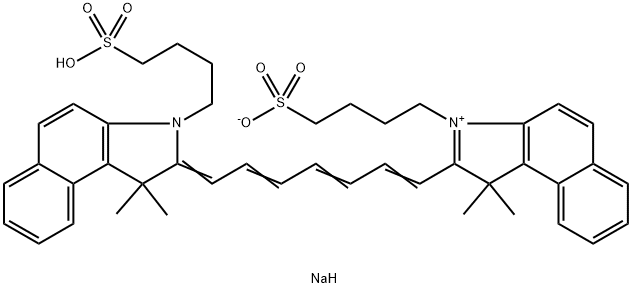

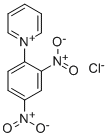
![(E)-[(2E,4E)-5-anilinopenta-2,4-dienylidene]-phenylazanium:chloride](https://img.chemicalbook.in/CAS/20180527/GIF/13959-24-5.gif)
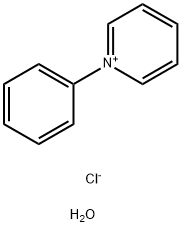
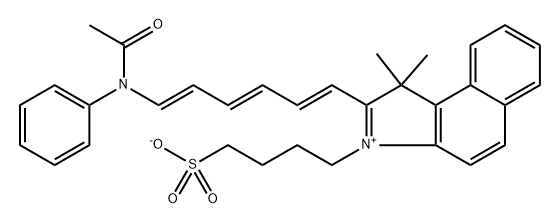
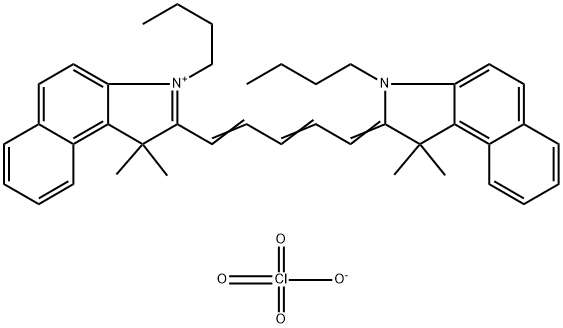
You may like
-
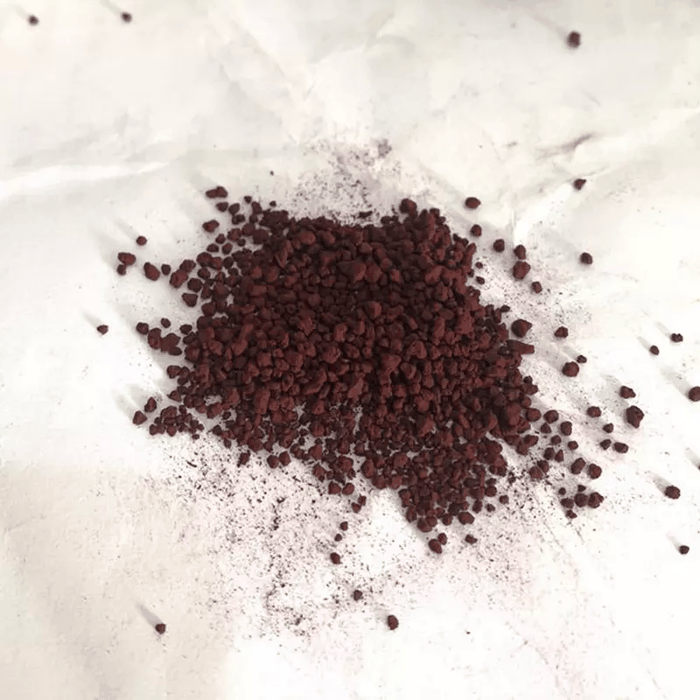 41532-84-7 TRIMETHYL BENZINDOLE 99%View Details
41532-84-7 TRIMETHYL BENZINDOLE 99%View Details
41532-84-7 -
![1,1,2-Trimethyl-1H-benz[e]indole 98%](https://img.chemicalbook.in//ProductImageIndia/2024-03/Raw/a24ce171-40a9-4c1a-a795-75624722b3e3.png) 1,1,2-Trimethyl-1H-benz[e]indole 98%View Details
1,1,2-Trimethyl-1H-benz[e]indole 98%View Details -
![1,1,2-Trimethyl-1H-benz[e]indole 98%](https://img.chemicalbook.in//ProductImageIndia/2024-03/Raw/5926970c-6366-4c6a-9f2d-357ba3b6792c.png) 1,1,2-Trimethyl-1H-benz[e]indole 98%View Details
1,1,2-Trimethyl-1H-benz[e]indole 98%View Details
41532-84-7 -
![1,1,2-Trimethyl-1H-benz[e]indole 41532-84-7 98%](https://img.chemicalbook.in//ProductImageIndia/2024-03/Raw/dc6a51ed-4399-49f1-ac8b-0b93c0c18aeb.png) 1,1,2-Trimethyl-1H-benz[e]indole 41532-84-7 98%View Details
1,1,2-Trimethyl-1H-benz[e]indole 41532-84-7 98%View Details
41532-84-7 -
![1,1,2-Trimethyl-1H-benzo[e]indole CAS 41532-84-7](https://img.chemicalbook.in//Content/image/CP5.jpg) 1,1,2-Trimethyl-1H-benzo[e]indole CAS 41532-84-7View Details
1,1,2-Trimethyl-1H-benzo[e]indole CAS 41532-84-7View Details
41532-84-7 -
![1,1,2-Trimethylbenz[e]indole CAS 41532-84-7](https://img.chemicalbook.in//Content/image/CP5.jpg) 1,1,2-Trimethylbenz[e]indole CAS 41532-84-7View Details
1,1,2-Trimethylbenz[e]indole CAS 41532-84-7View Details
41532-84-7 -
 2-(3-(tert-butyl)phenoxy)-2-methylpropanoic acid 1307449-08-6 98%View Details
2-(3-(tert-butyl)phenoxy)-2-methylpropanoic acid 1307449-08-6 98%View Details
1307449-08-6 -
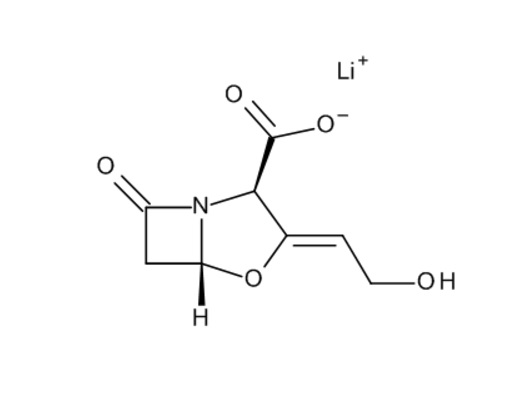 Lithium ClavulanateView Details
Lithium ClavulanateView Details
61177-44-4
Statement: All products displayed on this website are only used for non medical purposes such as industrial applications or scientific research, and cannot be used for clinical diagnosis or treatment of humans or animals. They are not medicinal or edible.